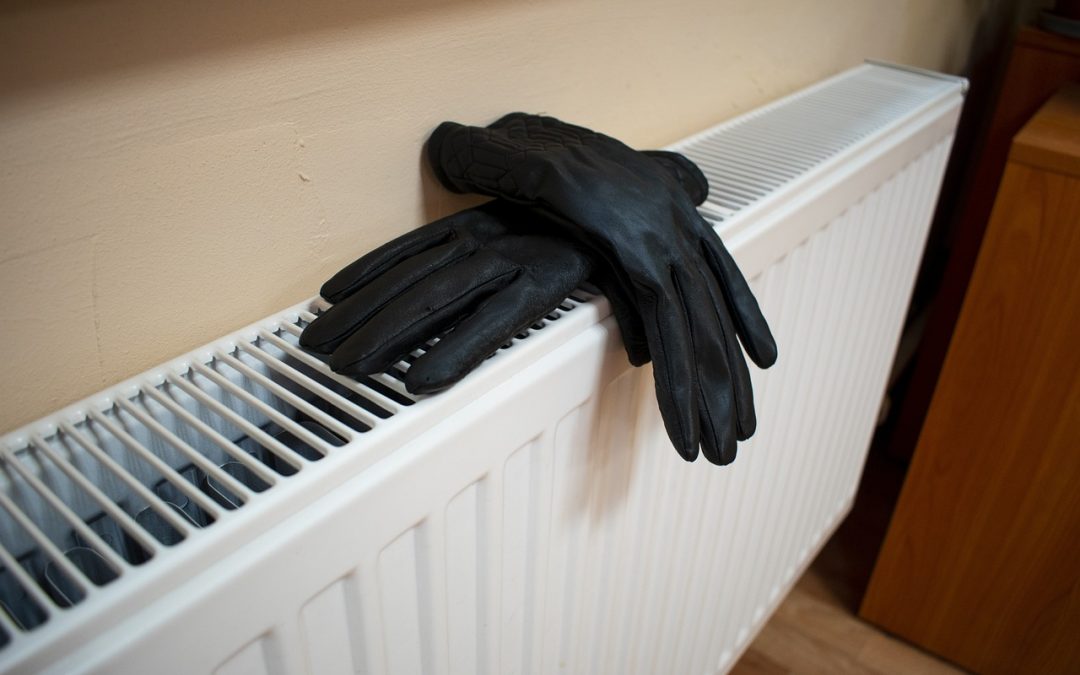Radiator Heat Pros And Cons. When it comes to keeping our homes cozy and warm during the chilly winter months, choosing the right heating system is crucial. Among the most popular options are radiator heat, boilers, water heaters, and furnaces. In this blog post, we will explore the pros and cons of radiator heat and provide a comparison between boilers, water heaters, and furnaces. Let’s dive in!
Furnace vs. Boiler vs. Water Heater
Radiator Heat
Pros:
- Comfortable, even heat distribution: Radiators provide radiant heat that warms both the air and objects in a room, leading to a pleasantly consistent temperature throughout the space.
- Silent operation: Unlike forced-air systems, radiator heat operates quietly, making it ideal for noise-sensitive environments like bedrooms or offices.
- Durability: Radiators have a long lifespan, and their sturdy construction means they are less prone to requiring frequent repairs or replacements.
- Improved air quality: Unlike forced-air systems, radiators do not spread dust, allergens, or other pollutants around the house.
Cons:
- Slower heat up time: Radiators heat up slowly, requiring more time to warm a room compared to forced-air systems.
- Limited cooling options: Radiator heat lacks the ability to cool a room, meaning additional air conditioning systems must be installed separately.
- Space requirements: Radiators take up valuable wall space, limiting furniture placement and interior design possibilities.
Boilers
Pros:
- Efficient heating: Boilers are highly efficient, converting fuel or electricity into heat with minimal energy waste.
- Zoned heating: Boilers allow for zoned heating, meaning you can control different areas or rooms at various temperatures, leading to increased comfort and reduced energy consumption.
- Long-lasting performance: Well-maintained boilers have a long lifespan, making them a worthwhile investment in the long run.
Cons:
- Higher upfront cost: Initial installation costs of boilers can be higher compared to some other heating systems.
- Dependence on fuel source: Boilers require a constant supply of fuel, be it oil, gas, or electricity, which may be susceptible to price fluctuations.
- Size and space requirements: Boilers typically require dedicated space for installation and can take up significant floor area.
Water Heaters
Pros:
- Dual functionality: Water heaters provide both hot water for household needs and heating for the space, making them a convenient option.
- Cost-effective: Electric water heaters are relatively inexpensive to purchase and install, making them budget-friendly.
- Low maintenance: Water heaters generally require minimal maintenance, leading to lower long-term costs.
Cons:
- Inefficient heating: Water heaters are not as efficient as boilers, meaning they might consume more energy to provide the same level of heat.
- Limited heating control: Unlike boilers, water heaters usually offer limited control options, making it difficult to heat different areas independently.
- Potential hot water shortage: If the hot water supply is depleted, heating may be affected, leaving a chilly home.
Furnaces
Pros:
- Quick heat production: Furnaces provide rapid heat production, efficiently warming a room in a short amount of time.
- Cooling capabilities: Many furnaces come with built-in air conditioning systems, offering both heating and cooling functions.
- Widespread availability: Furnaces are commonly found across various regions, making them readily accessible and easier to repair or replace.
Cons:
- Dry air: Forced-air systems, like furnaces, can lead to dry indoor air, resulting in discomfort and potential health issues.
- Noisy operation: Furnaces can be noisy during operation due to the air moving through the ductwork and vents.
- Frequent filter changes: Regular filter changes are necessary to ensure optimal performance and maintain good air quality.
Radiator Heat Pros And Cons. Choosing the right heating system for your home is ultimately a matter of personal preference and specific requirements. Radiator heat offers efficient and comfortable heating, while boilers provide zoned heating and durability. Water heaters offer dual functionality, while furnaces provide quick heat production and cooling capabilities. Consider the pros and cons outlined above to make an informed decision that suits your needs, budget, and preferences. Stay warm and cozy in your home all winter long!

